Eating after exercise is very important, because during exertion, the body undergoes catabolism processes, including muscle breakdown. If you don't supply the body with enough nutrients afterward, the body can't recover properly, and muscle breakdown continues. To give you some guidance, we asked our ambassadors what they eat after a competition or intense training session.
Ice climber Vivien Labarile makes sure to eat a warm meal early in the evening after a day of competition because she was exposed to low temperatures for extended periods during the day. What she eats depends on what she's craving at the time. It's important to her that she has enough time to digest food between her meal and bedtime. This is because her competitions often last two days, and good sleep is crucial for recovery.
Mountain biker Rebekka Estermann drinks a recovery shake within 30 minutes of a race. This gives her body an initial energy boost with the ideal balance of carbohydrates and proteins. Depending on the location, time, and other activities, Rebekka eats a normal meal within the following one to three hours. After a tough workout, energy intake varies somewhat. Depending on the weather, she first cleans her mountain bike, then showers, and only then prepares food. Depending on the time of day, Rebekka then eats either a balanced meal with sufficient carbohydrates, protein, and fiber, muesli or porridge, or a recovery shake.
Triathlete Nicole Lütolf never feels like eating immediately after a race. Therefore, she consumes calories within 30 minutes with drinks – preferably a recovery shake that she prepares at home and then keeps ice-cold until ready to consume. This initially fills her up and restores some of the calories to her body. Throughout the day, Nicole makes sure she eats a proper meal with chicken or fish, vegetables or salad, and, of course, carbohydrates, as well as something sweet or porridge.
Gran Fondo cyclist and tour guide Jan Steiner often has a craving for gummy bears or soft drinks after a race. He usually takes his recovery shake about an hour later. After training, Jan often has a bowl of quark or yogurt with a little agave syrup, berries, and homemade granola. Sometimes, Jan also likes to eat some rice with chicken and vegetable curry, if he has any leftovers from the day before.
After exercise, it's important not to wait too long to eat or consume carbohydrates, as glycogen stores can replenish most quickly and effectively up to two hours after exertion. Satisfying a sweet tooth after exercise is exactly the right time. After that, this process slows down, and recovery slows down accordingly. It's also certainly a good idea to have a balanced and healthy meal after a competition or intensive training session—no junk food, but rather natural foods wherever possible. If the food or drinks consumed contain protein in addition to carbohydrates, this is beneficial for recovery, as the storage of carbohydrates is further accelerated when combined with protein.

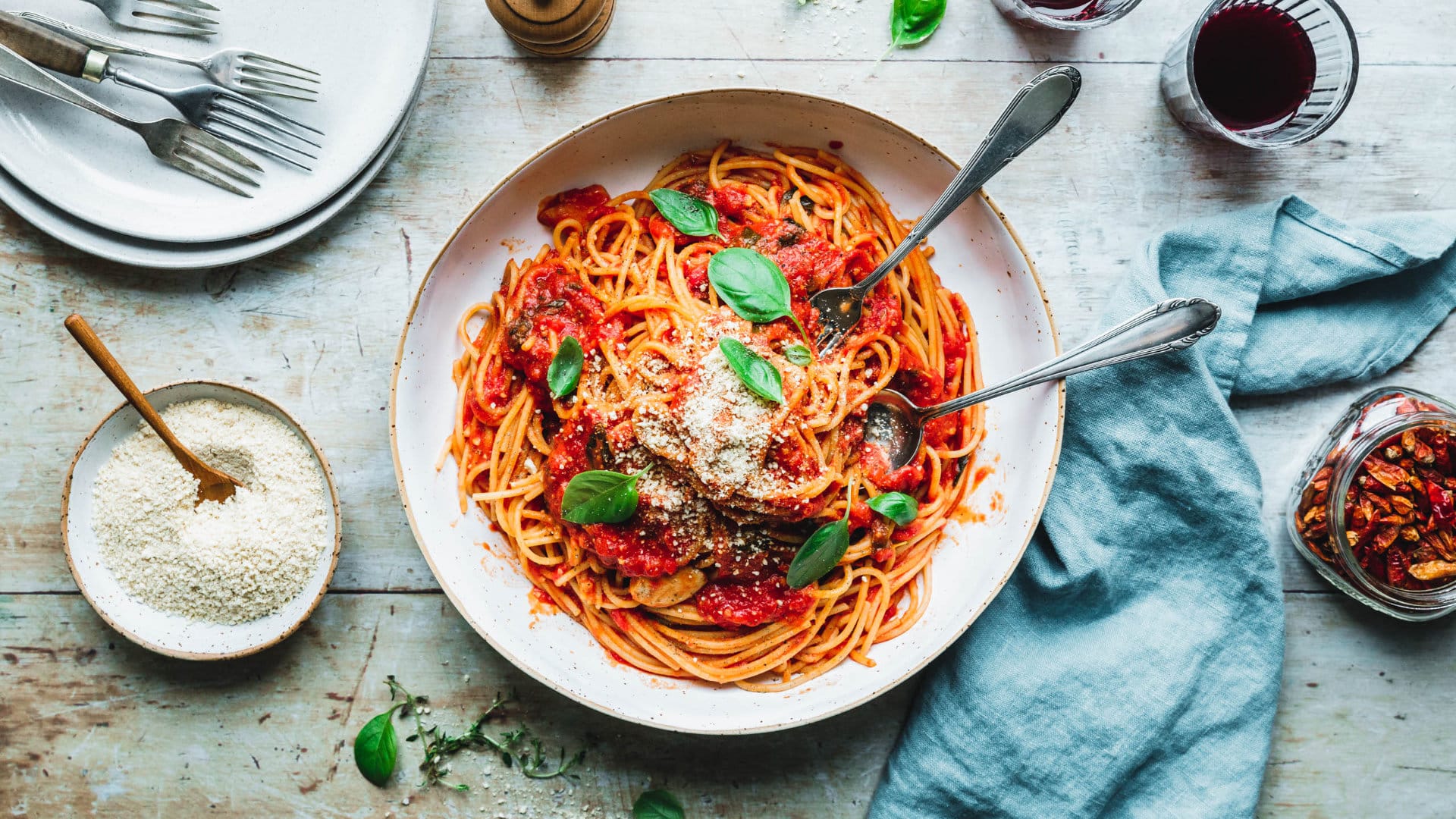
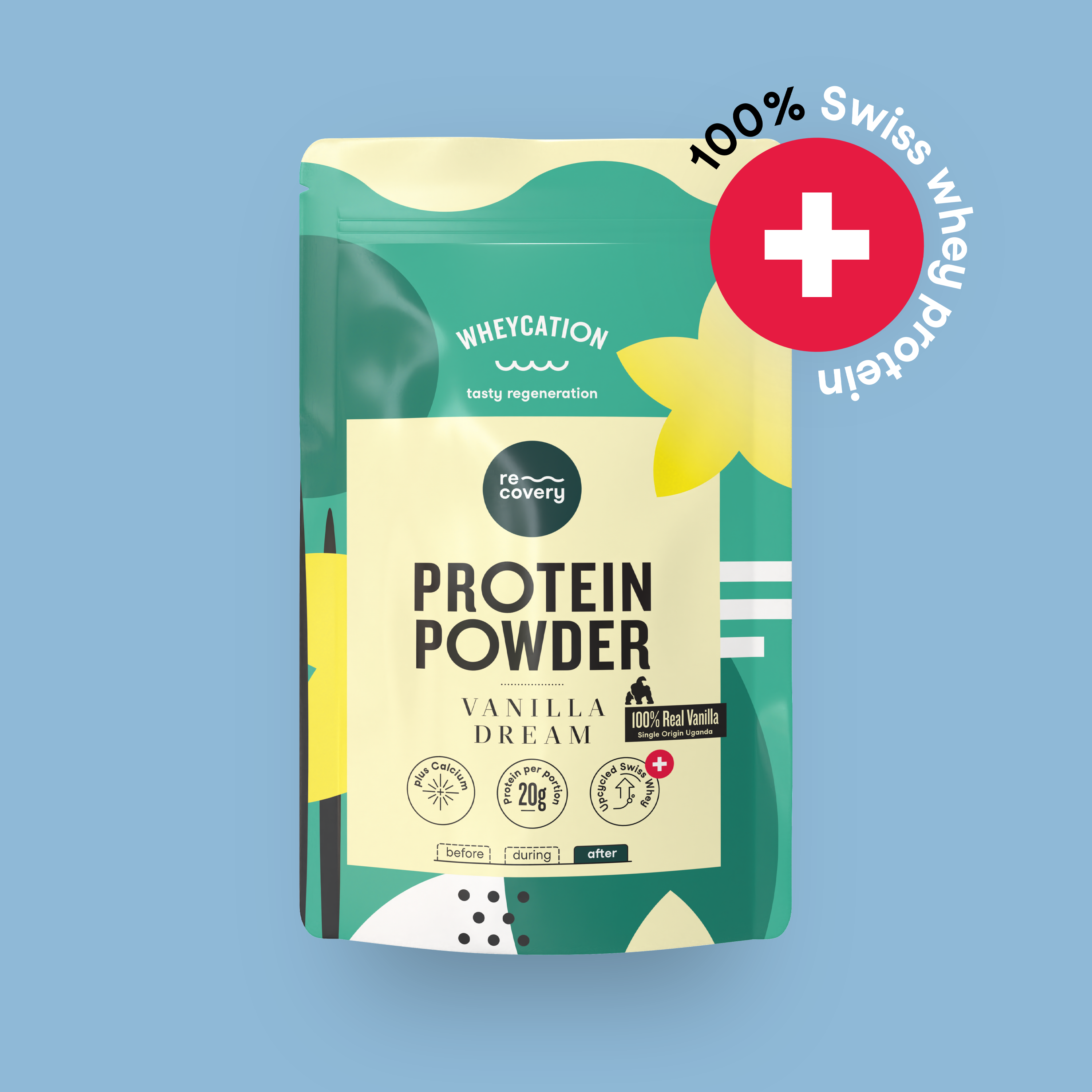

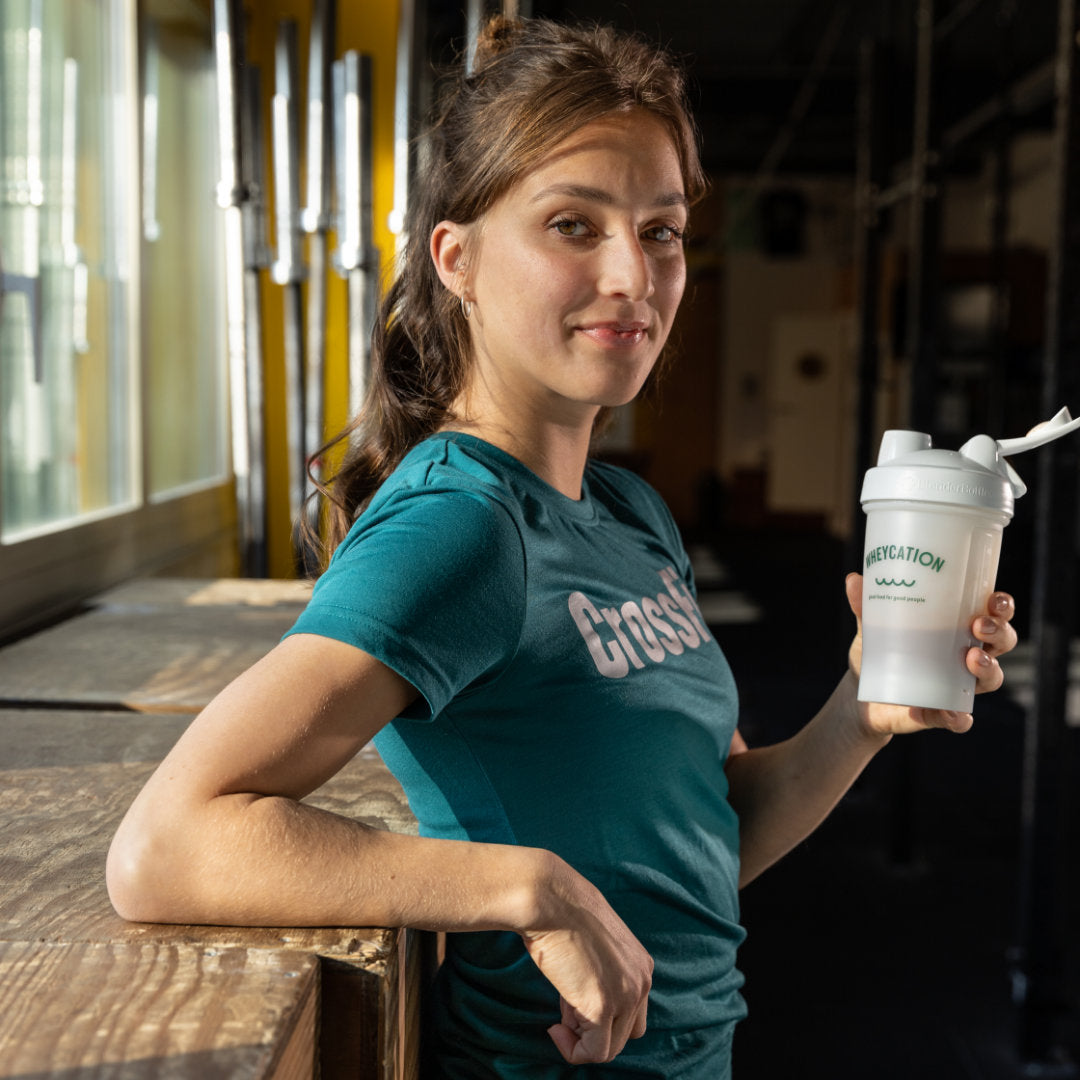
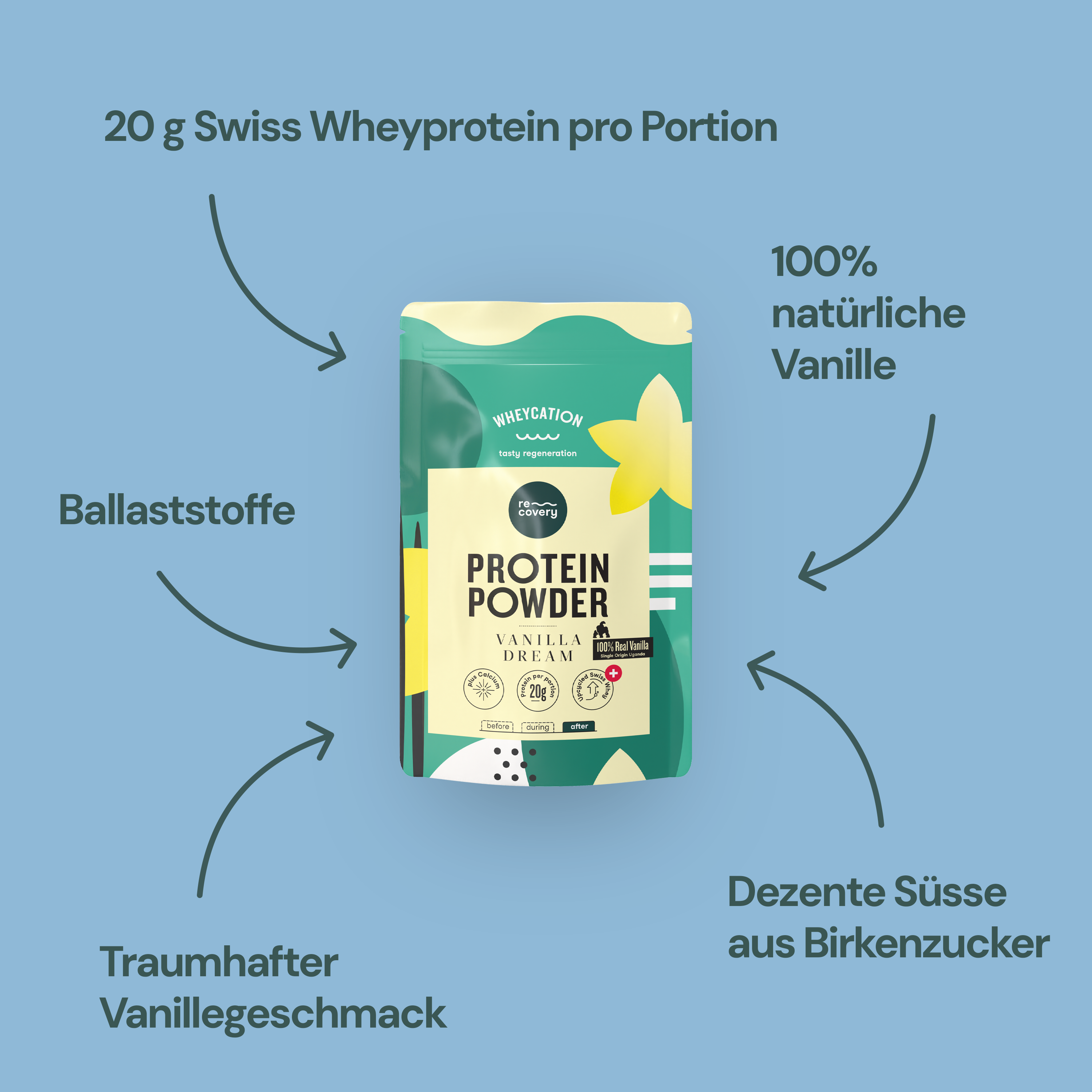
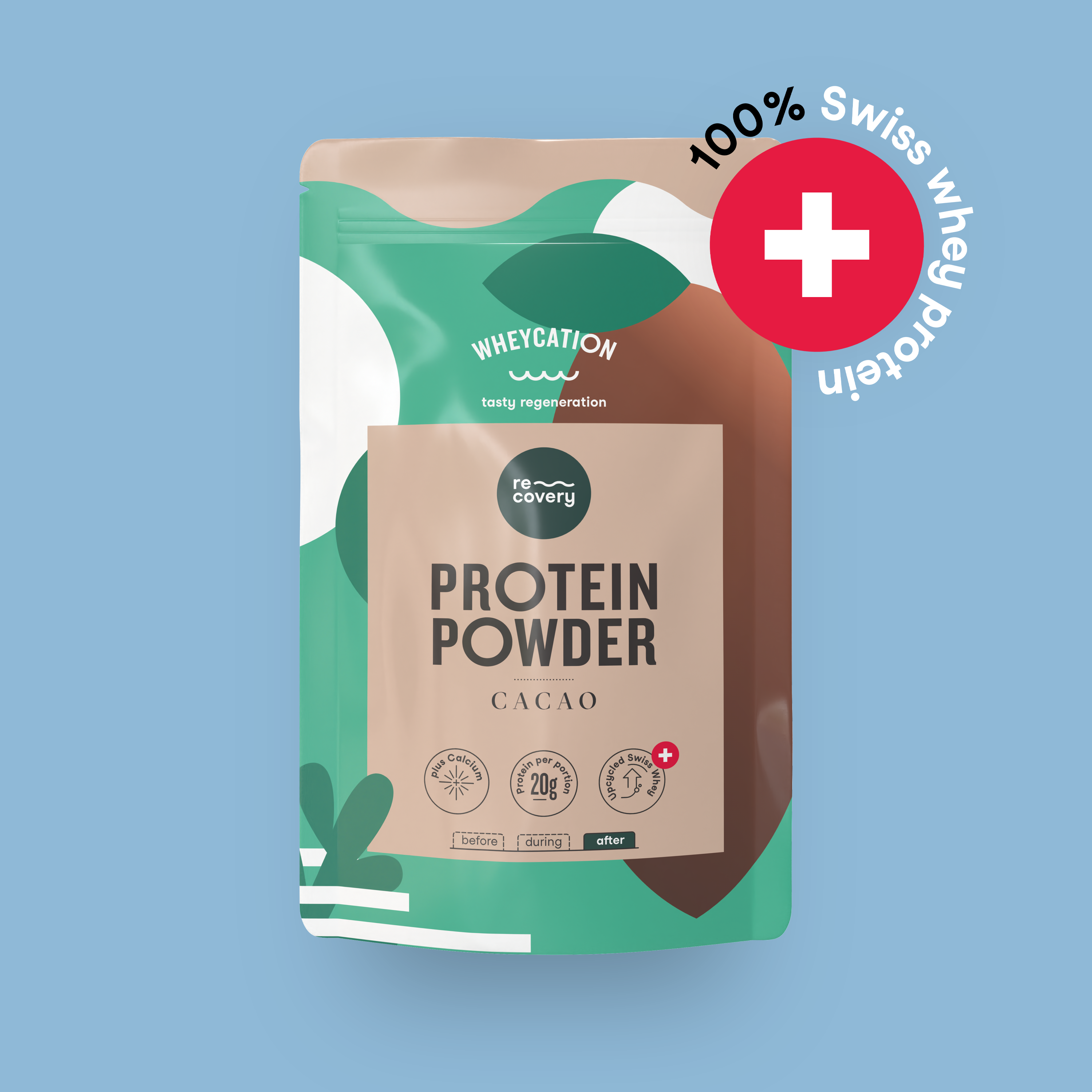

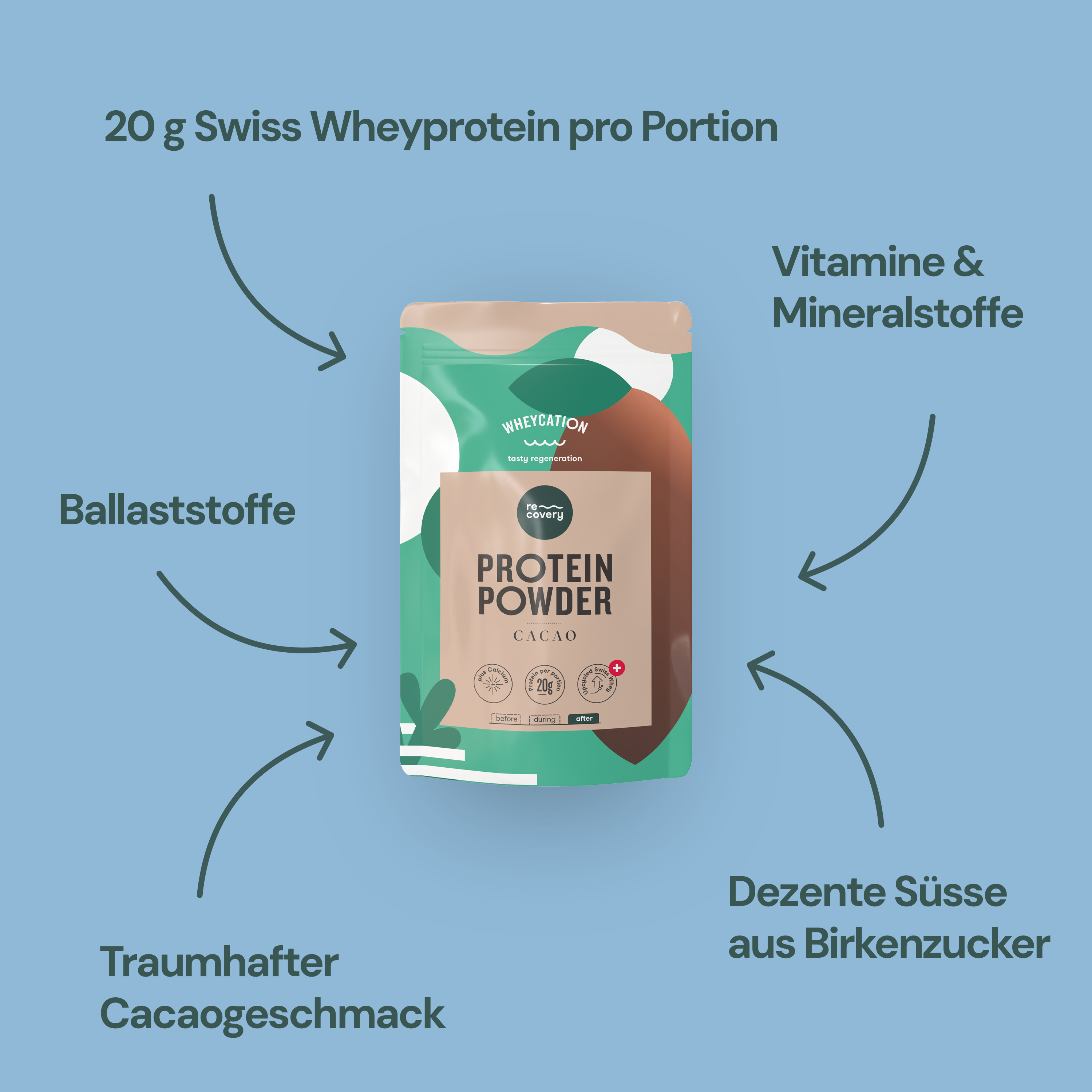
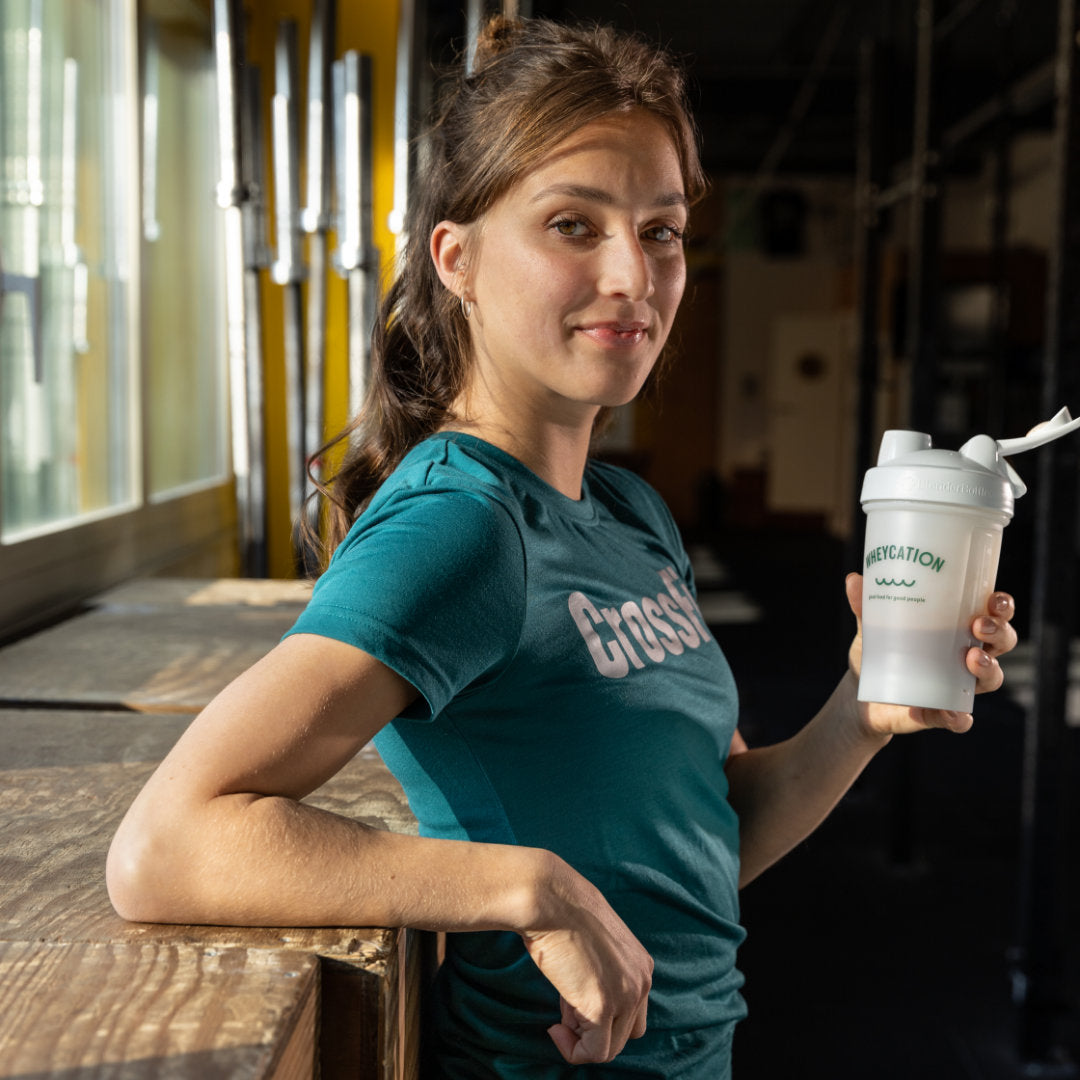
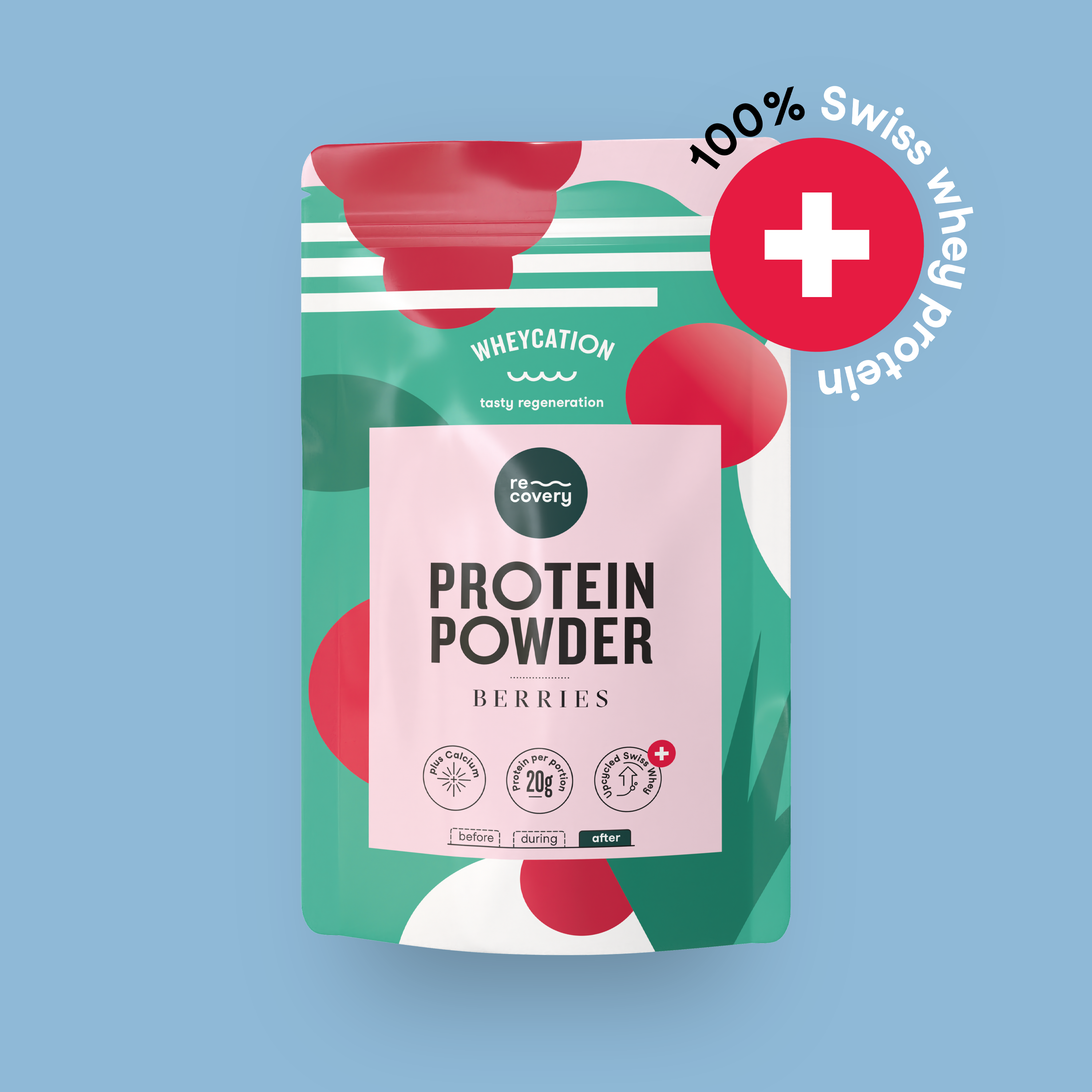
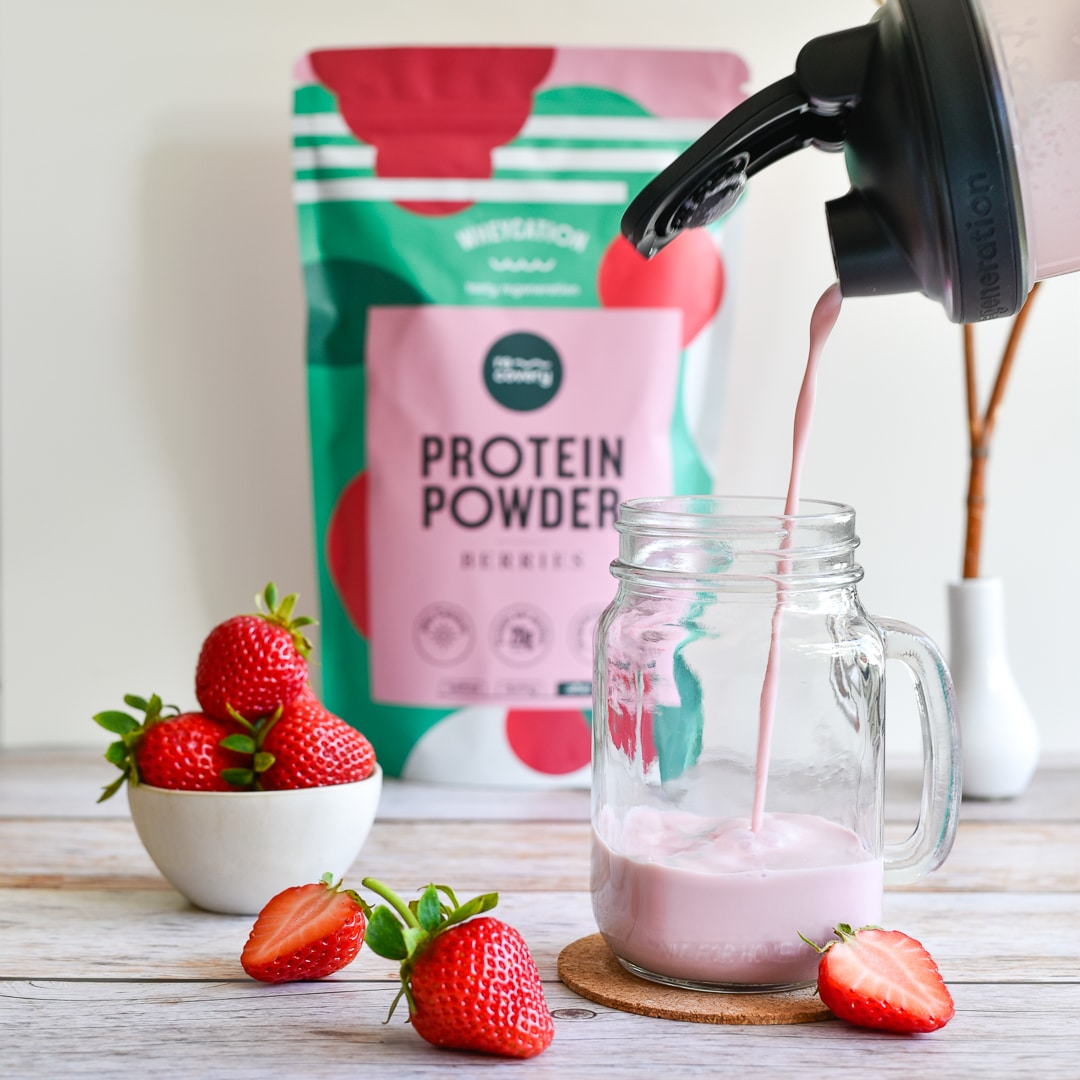

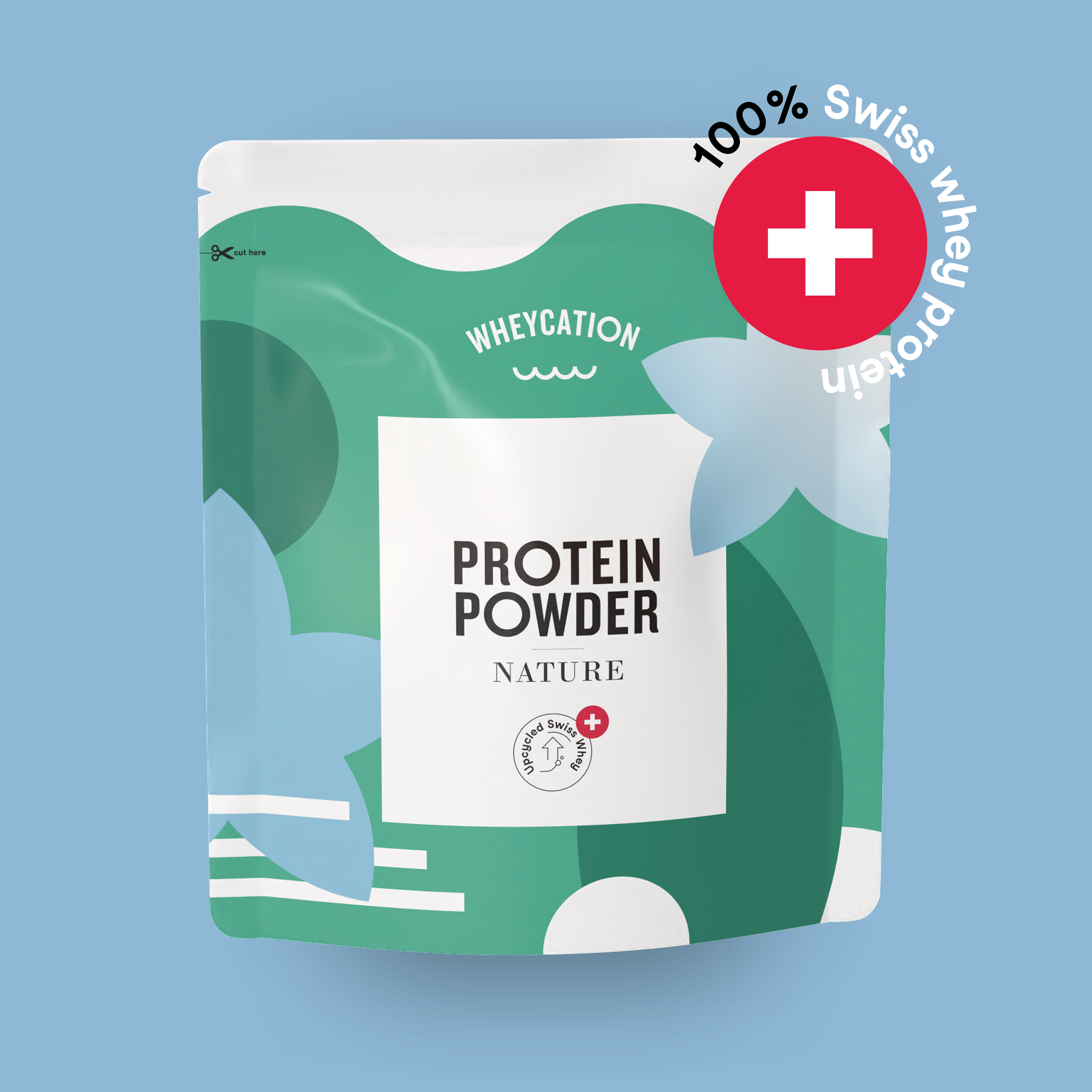
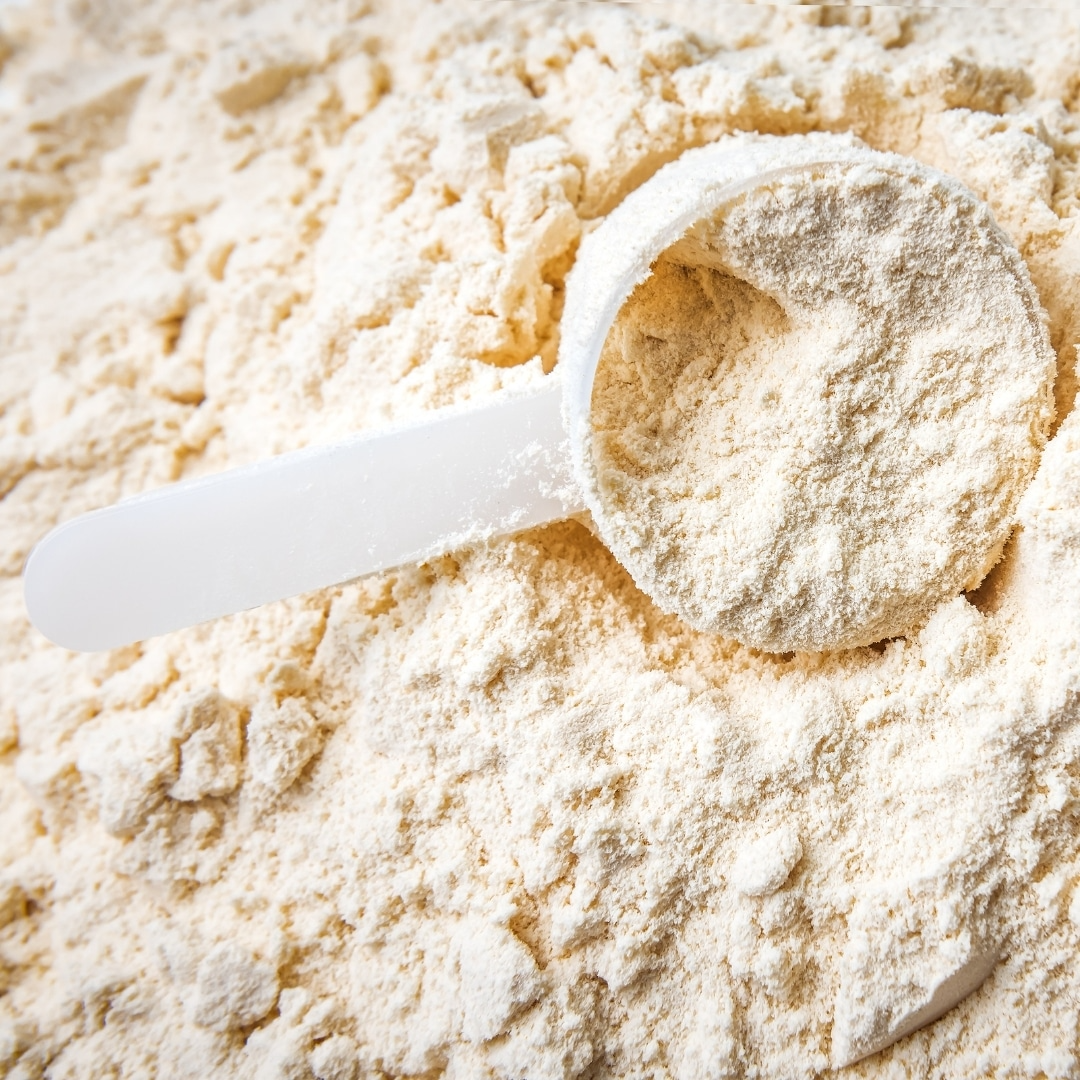
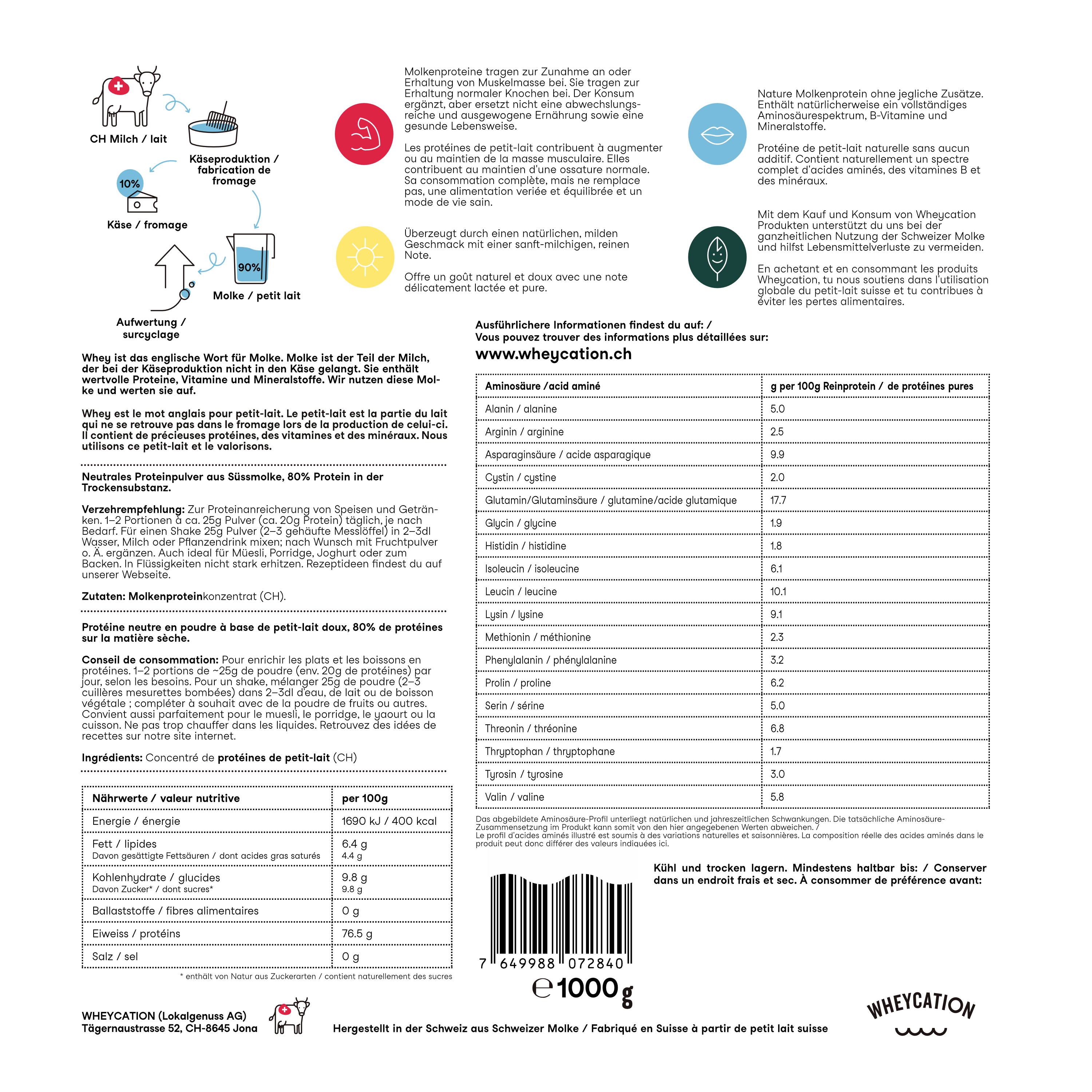
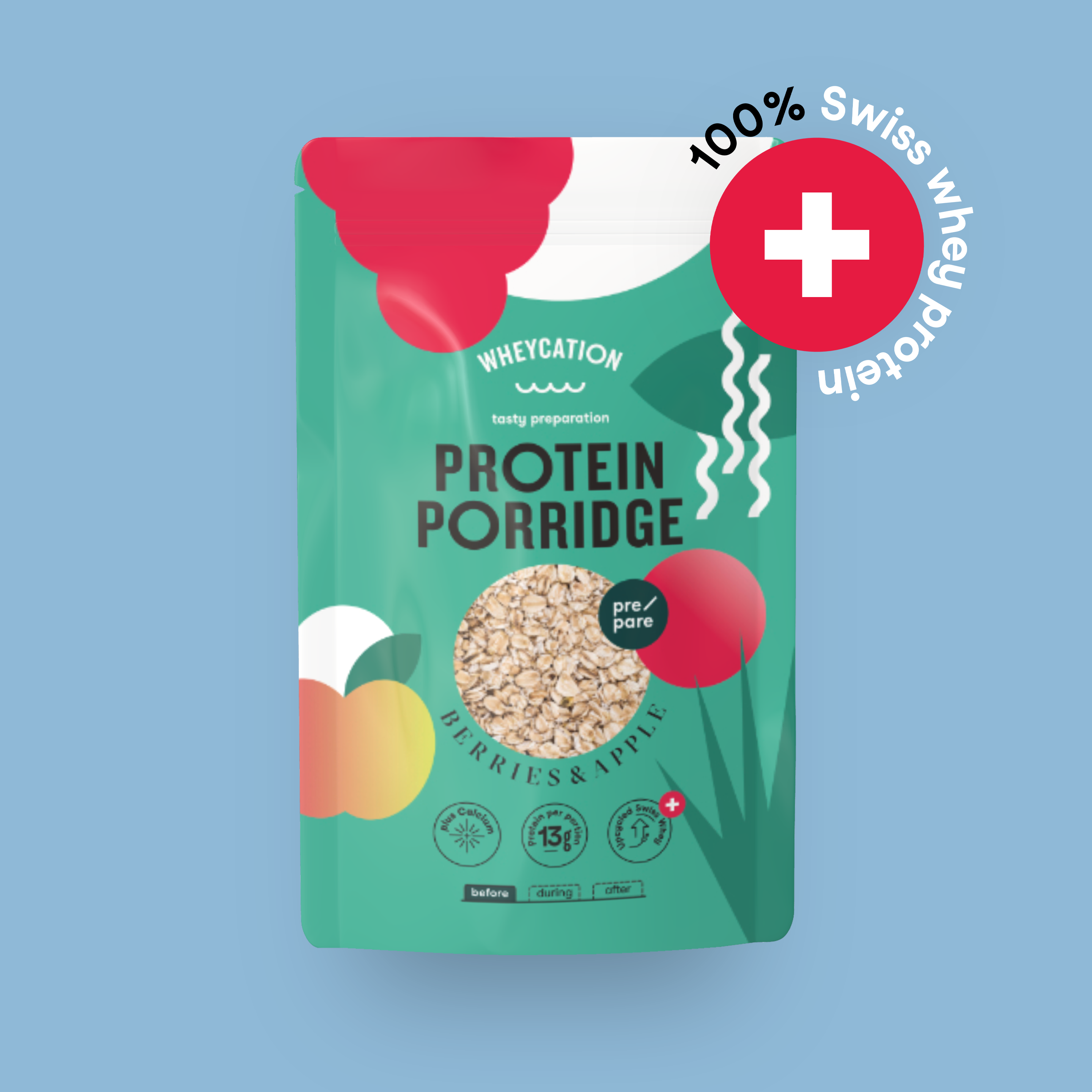
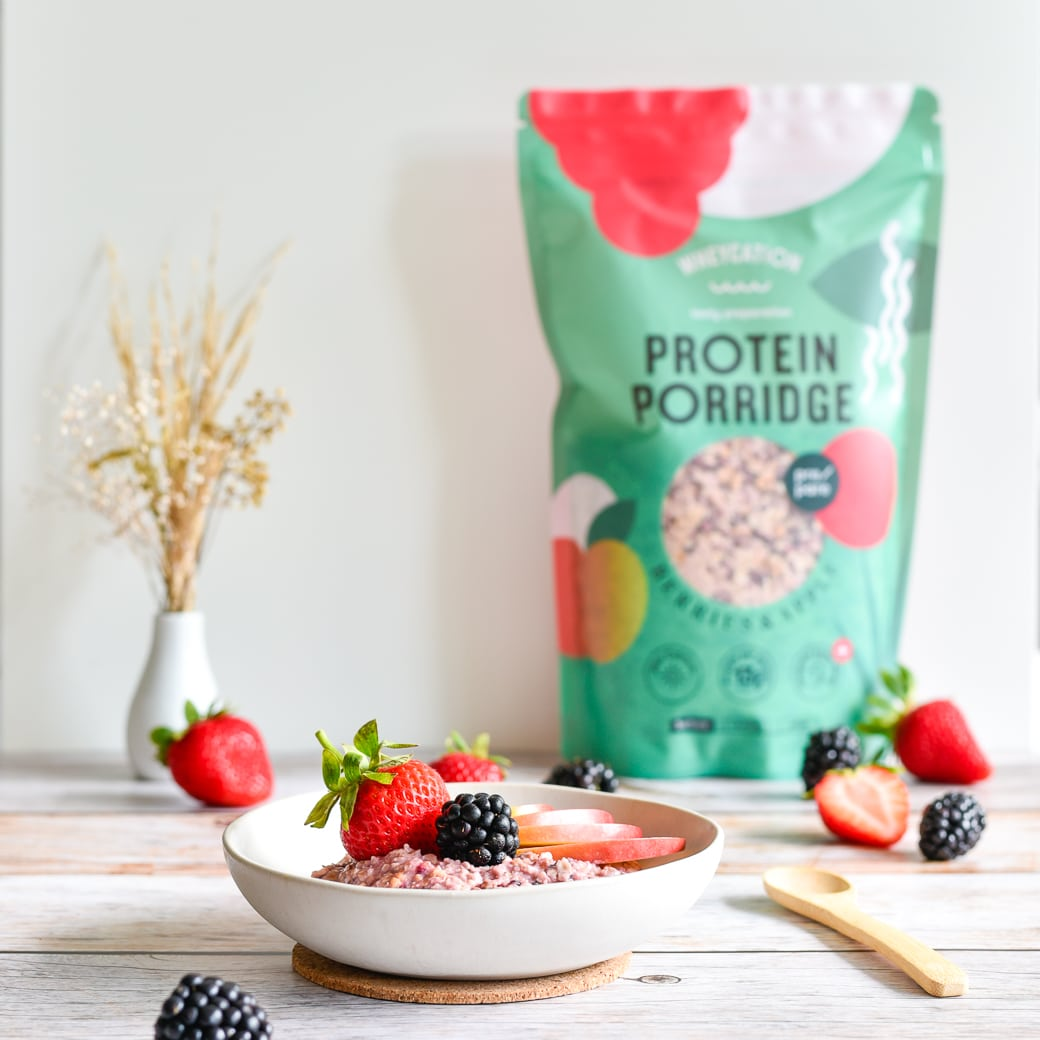

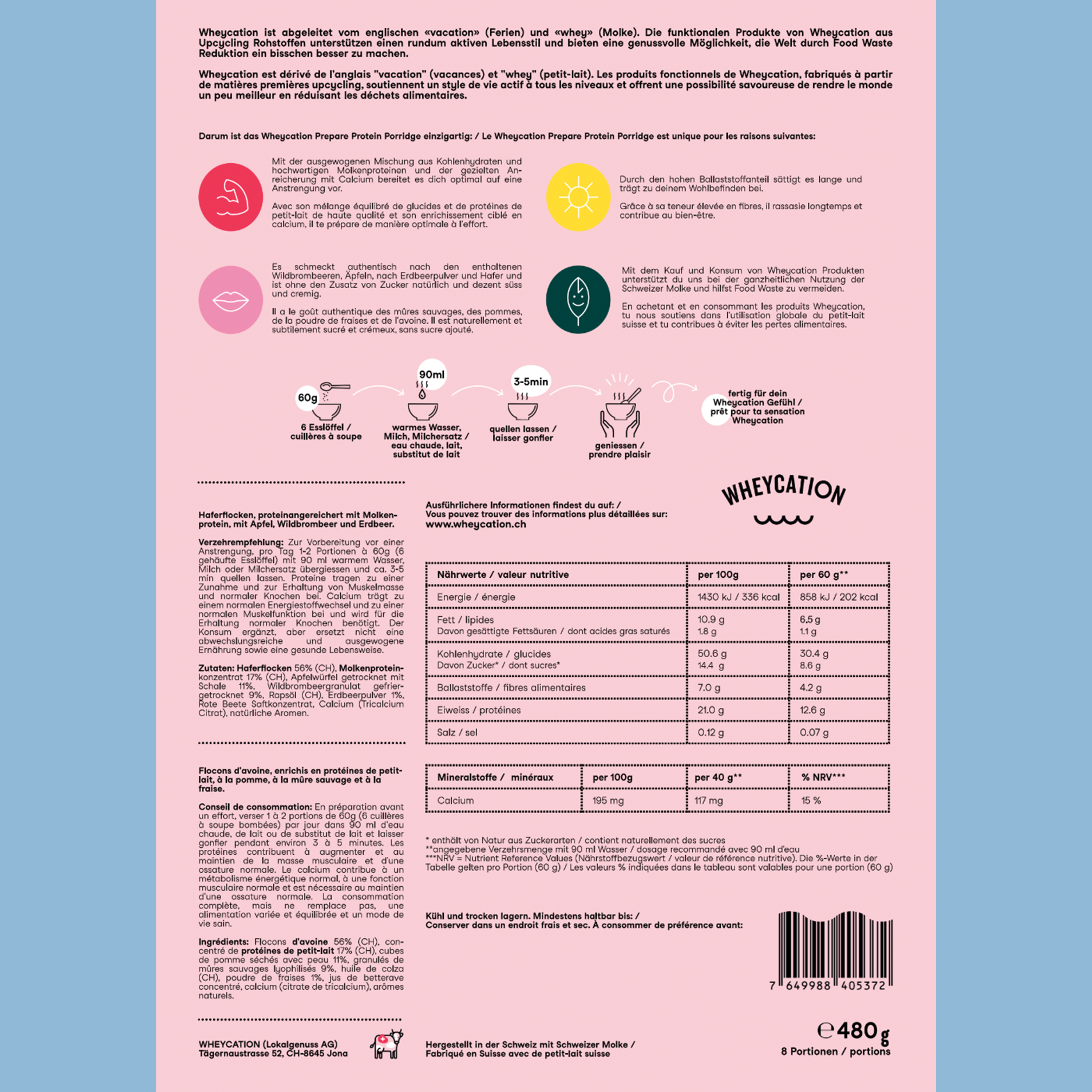
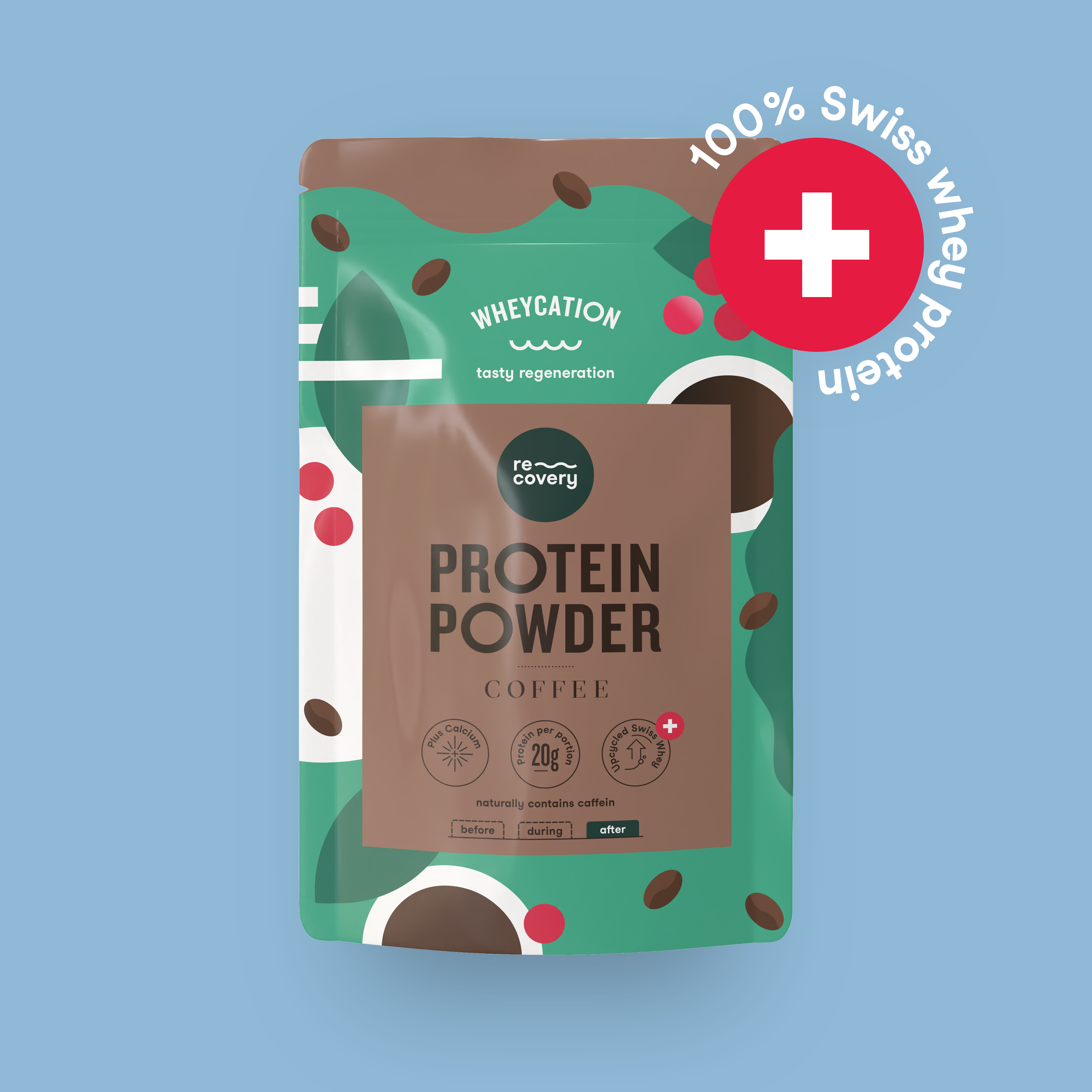
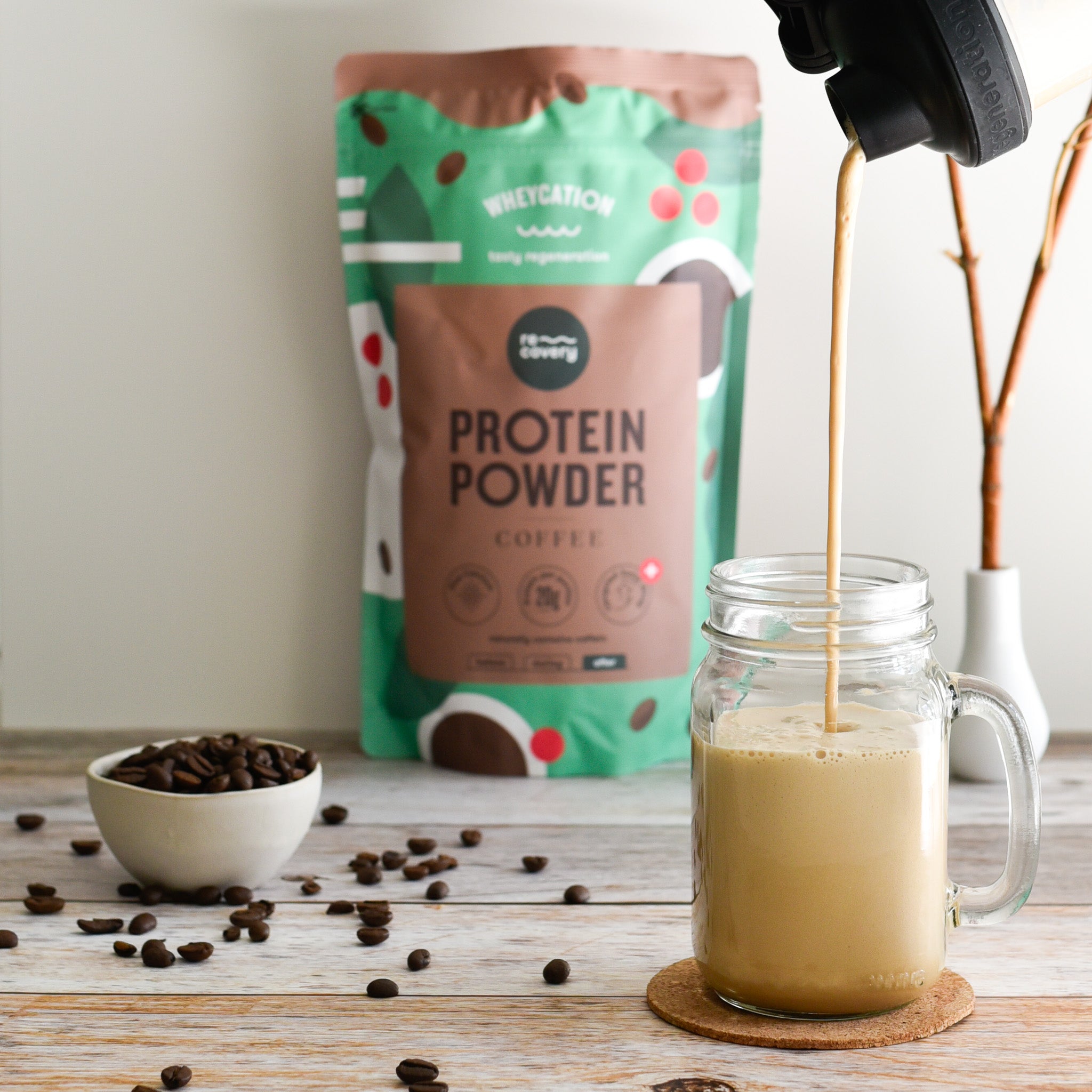




Split: